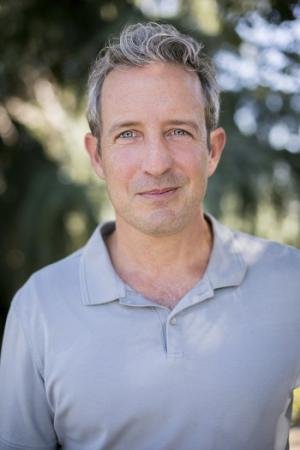
CASBS fellow Edward Slingerland outlines some of the central themes of his book Trying Not to Try: The Art and Science of Spontaneity (paperback edition released 2015) in a recent article in The Psychologist, a publication of The British Psychological Society.
In the piece Slingerland describes the early Chinese ideal of “effortless action” and “relaxed spontaneity” as a pathway to personal and social success, and how the ‘Millennial’ generation increasingly finds appeal in this mode of thought. It stands in contrast to a contemporary Western emphasis on exerting effort and cognitive control in order to achieve goals.
Read the full article, “Wu-Wei – Doing Less and Wanting More”
Slingerland is professor of Asian studies and Canada Research Chair in Chinese Thought and Embodied Cognition at the University of British Columbia, where he also holds adjunct appointments in philosophy and psychology. While at CASBS he will work on two books, one focusing on conceptions of body and mind in early China and another on the role of intoxicants and ecstatic experience in the rise of human civilization.
